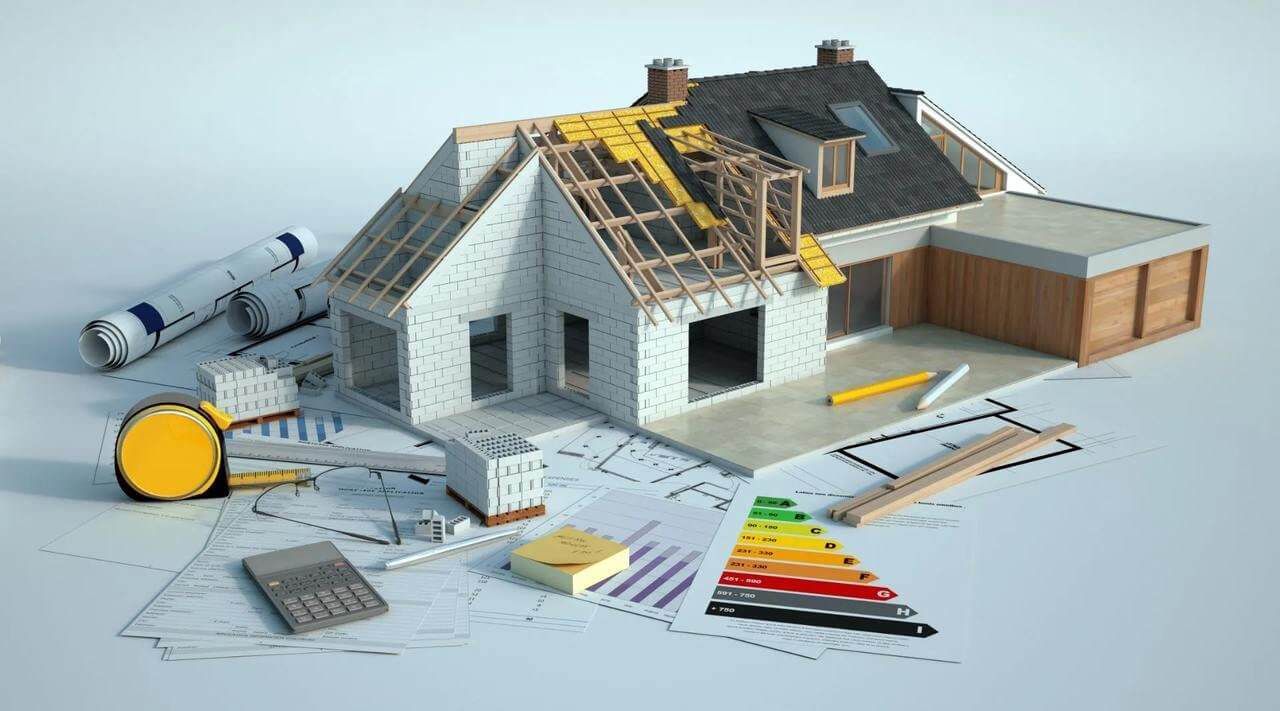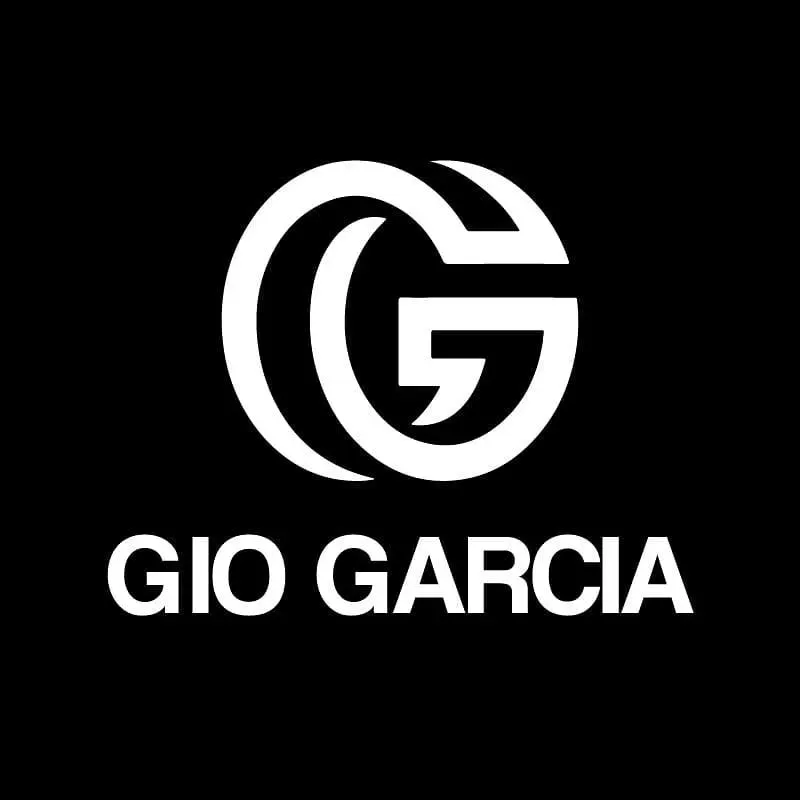Rental Property Management: What Every Landlord Should Know to Avoid Trouble
Are you a new landlord feeling overwhelmed by all the responsibilities? Or maybe you've been renting out properties for years but keep running into the same headaches? You're not alone. Managing rental properties can be both rewarding and challenging. The good news is that with the right knowledge and systems in place, you can avoid the most common pitfalls that plague landlords.
In this comprehensive guide, we'll walk through everything you need to know about effective rental property management. From finding great tenants to handling maintenance issues and staying on the right side of the law, these practical tips will help you maximize your investment while minimizing stress.

Understanding the Basics of Rental Property Management
What is Rental Property Management?
Rental property management covers all the tasks involved in running a rental property business. This includes marketing your properties, screening tenants, collecting rent, handling maintenance, and dealing with any issues that arise. Good management means staying organized and being proactive rather than reactive.
Think of yourself as the CEO of your rental business. Just like any successful business, your rental property needs clear systems, consistent policies, and regular attention to thrive.
Why Good Management Matters for Your Investment
Poor management can quickly turn a profitable property into a money pit. When landlords neglect their management duties, they often face:
- Lengthy vacancies that drain your cash flow
- Problem tenants who damage property or don't pay rent
- Expensive emergency repairs that could have been prevented
- Legal troubles from not following proper procedures
- Decreased property values due to neglect
On the flip side, well-managed properties typically see higher tenant retention, fewer maintenance emergencies, better cash flow, and greater long-term appreciation. Simply put, good management protects your investment and boosts your returns.
Setting Up Your Rental Business for Success
Legal Requirements for Landlords
Before you hand over the keys to your first tenant, make sure you understand the legal framework you'll be operating within:
- Business licenses: Many cities require landlords to obtain a business license.
- Property registration: Some areas require rental properties to be registered with local authorities.
- Tax ID: You may need an Employer Identification Number (EIN) for your rental business.
- Zoning compliance: Ensure your property meets local zoning requirements for rentals.
- Safety certifications: Many areas require regular safety inspections of rental units.
Skipping these steps might save time initially, but can lead to fines, penalties, or even being forced to stop renting your property. Check with your local housing authority to make sure you're fully compliant.
Insurance Essentials for Rental Properties
Regular homeowner's insurance doesn't cover rental activities. You'll need a landlord policy that protects your investment properly.
Liability Coverage Options
Liability insurance protects you if a tenant or visitor gets injured on your property. Most experts recommend carrying at least $1 million in liability coverage. This might seem high, but medical bills and legal fees can add up quickly if someone gets hurt.
Property Damage Protection
This coverage helps repair or rebuild your property after events like fires, storms, or vandalism. When choosing coverage limits, remember to insure for replacement cost, not just market value.
Don't forget to explain to tenants that your insurance doesn't cover their belongings. Require tenants to obtain renter's insurance in your lease agreement. This simple step can prevent major disputes if something goes wrong.
Finding and Screening Quality Tenants
Creating Attractive Rental Listings
The quality of your listing directly impacts the quality of applicants you'll attract. Here's how to create listings that draw in great tenants:
- Take bright, clear photos that showcase your property's best features
- Write detailed, honest descriptions that highlight unique selling points
- Include neighborhood amenities and conveniences
- Clearly state rent, deposit requirements, and pet policies
- Mention any special features like updated appliances or outdoor spaces
Remember that your listing is often a tenant's first impression of you as a landlord. A professional, thorough listing signals that you take property management seriously.
Effective Tenant Screening Processes
Finding good tenants is perhaps the most important aspect of successful property management. A thorough screening process is worth every minute it takes.
Background and Credit Checks
Always run comprehensive background checks that include:
- Credit history to verify financial responsibility
- Criminal background checks for safety concerns
- Eviction history to spot potential problem tenants
Many online services offer these checks for reasonable fees. The cost is minimal compared to the expense of dealing with a problematic tenant.
Verifying Income and Employment
Request proof that potential tenants can actually afford your rental:
- Pay stubs from the past 2-3 months
- Employment verification letters
- Tax returns for self-employed applicants
- Bank statements showing consistent income
A good rule of thumb: a tenant's monthly income should be at least three times the monthly rent. This helps ensure they can comfortably afford both rent and their other living expenses.
Always check references from previous landlords too. Current landlords might give a glowing reference just to get rid of a problem tenant, so try to speak with previous landlords as well.
Creating Bulletproof Lease Agreements
Essential Clauses Every Lease Should Include
Your lease agreement is your most important tool for protecting your property and setting clear expectations. Every lease should clearly spell out:
- Rent amount, due date, and late fee policies
- Security deposit amount and conditions for return
- Maintenance responsibilities for both parties
- Rules about guests, noise, and property use
- Pet policies and any associated fees
- Conditions that would constitute lease violations
- Procedures for ending or renewing the lease
While you can find lease templates online, consider having a real estate attorney review your lease. The few hundred dollars you'll spend could save you thousands in potential disputes.
Common Lease Agreement Mistakes to Avoid
Even experienced landlords sometimes make these costly lease mistakes:
- Using overly complicated legal language that confuses tenants
- Including unenforceable clauses that wouldn't hold up in court
- Forgetting to address specific issues relevant to your property
- Not updating leases to reflect current laws and regulations
- Making verbal agreements that aren't documented in the lease
Remember that clarity benefits both parties. A good lease protects you and helps tenants understand exactly what's expected of them.
Setting and Collecting Rent Efficiently
Determining Fair Market Rent
Pricing your rental correctly is crucial for minimizing vacancies while maximizing income. Set rent too high, and your property sits empty. Too low, and you leave money on the table.
Research comparable properties in your area to determine fair market rates. Consider:
- Size, number of bedrooms and bathrooms
- Location and neighborhood amenities
- Property condition and updates
- Included utilities or services
- Special features like garages or outdoor spaces
Online rental platforms can give you a good sense of the going rates in your area. Local property management companies often publish market reports that can provide valuable insights as well.
Modern Rent Collection Methods
The days of collecting paper checks should be behind us. Modern payment methods are more convenient for both you and your tenants:
- Online payment portals with automatic monthly payments
- Mobile payment apps like Venmo, Zelle, or PayPal
- Electronic bank transfers
- Property management software with built-in payment processing
Setting up automatic payments reduces late payments dramatically. Whatever method you choose, make the process as simple as possible for tenants, and keep detailed records of all transactions.
Property Maintenance and Repairs
Creating a Preventive Maintenance Schedule
Smart landlords know that preventive maintenance is far cheaper than emergency repairs. Create a schedule for regular maintenance tasks like:
- HVAC system maintenance (twice yearly)
- Gutter cleaning (spring and fall)
- Water heater flushing (yearly)
- Dryer vent cleaning (yearly)
- Checking smoke and carbon monoxide detectors (quarterly)
- Pest control treatments (as needed, typically quarterly)
- Roof inspections (yearly)
Share relevant parts of this schedule with your tenants so they know when to expect maintenance visits. Not only does this approach save money in the long run, but tenants appreciate living in a well-maintained property.
Handling Emergency Repairs
Even with the best preventive maintenance, emergencies happen. Having a plan in place before they occur makes all the difference:
- Create clear procedures for tenants to report emergencies
- Maintain a list of reliable 24/7 service providers
- Know which issues legally qualify as emergencies requiring immediate attention
- Set aside an emergency fund specifically for unexpected repairs
Building a Reliable Contractor Network
One of your most valuable assets as a landlord is a network of trustworthy contractors who deliver quality work at fair prices. Take time to build relationships with:
- Plumbers
- Electricians
- HVAC technicians
- General handymen
- Roofers
- Locksmiths
- Cleaning services
Don't wait until you have an emergency to find these professionals. Interview contractors, check references, and perhaps test them on small jobs before you need them for something urgent.
Understanding Landlord-Tenant Laws
Fair Housing Regulations
Fair housing laws prohibit discrimination against potential tenants based on protected characteristics like race, color, national origin, religion, sex, familial status, or disability. Violations can result in hefty fines and legal troubles.
Avoid discrimination by:
- Using consistent screening criteria for all applicants
- Documenting your selection process and reasons for decisions
- Advertising properties in ways that don't target or exclude specific groups
- Making reasonable accommodations for tenants with disabilities
- Never making statements that suggest preference for certain types of tenants
The best protection is treating all applicants and tenants equally and fairly, while keeping good records of all your interactions and decisions.
Eviction Procedures and Legal Compliance
Eviction is sometimes necessary, but must always be done legally. Self-help evictions (changing locks, removing tenant belongings, shutting off utilities) are illegal everywhere in the US.
Proper eviction typically follows these steps:
- Valid written notice to the tenant citing the lease violation
- Filing an eviction lawsuit if the tenant doesn't comply
- Court hearing where both sides present their case
- Court judgment (if in your favor)
- Enforcement by law enforcement officers, not the landlord
The specific requirements vary by location, but cutting corners on eviction procedures can result in having to start over, paying penalties, or even owing damages to tenants. When in doubt, consult with an attorney who specializes in landlord-tenant law.
When to Consider Professional Property Management
Benefits of Hiring Property Management Services
As your rental portfolio grows, you might consider hiring professional help. Property managers typically handle:
- Marketing vacancies and showing properties
- Screening tenants thoroughly
- Collecting rent and handling late payments
- Coordinating maintenance and repairs
- Responding to tenant concerns and emergencies
- Managing the eviction process when necessary
- Keeping up with legal compliance
Good property managers bring expertise, systems, and resources that can actually increase your profits while freeing up your time.
Costs vs. Returns of Professional Management
Property management services typically charge 8-12% of monthly rent, plus fees for filling vacancies or other special services. Before you dismiss this as too expensive, consider the potential returns:
- Reduced vacancy periods through efficient marketing
- Higher-quality tenants through rigorous screening
- Lower maintenance costs through preventive care
- Fewer legal headaches through proper compliance
- Less stress and more free time for you
For many investors, especially those with multiple properties or those who don't live near their rentals, professional management is well worth the cost.
Technology Tools for Modern Landlords
Property Management Software Options
Technology has revolutionized rental property management. Consider using software that helps with:
- Listing vacancies across multiple platforms
- Screening tenants automatically
- Processing rental applications online
- Collecting rent electronically
- Tracking maintenance requests
- Storing documents securely
- Managing accounting and taxes
Popular options include Buildium, AppFolio, TenantCloud, and Avail. Many offer free trials so you can find the one that best fits your needs.
Smart Home Features for Rentals
Smart home technology can make your rental more attractive while solving common management headaches:
- Smart locks allow remote access control and eliminate key handoffs
- Smart thermostats reduce utility costs and prevent freeze damage
- Water leak sensors alert you to potential water damage early
- Video doorbells enhance security and help monitor property use
- Smart lighting can be controlled remotely during vacancies
These features often command higher rents while reducing your management burden. Just be sure to choose systems that are user-friendly for tenants of all tech comfort levels.
Building Long-Term Wealth Through Rental Properties
Tax Advantages for Landlords
Rental properties offer significant tax benefits that can dramatically improve your overall returns:
- Deductible expenses including mortgage interest, property taxes, insurance, maintenance, and management fees
- Depreciation deductions that shelter a portion of your income
- 1031 exchanges that allow deferring capital gains when upgrading properties
- Potential qualified business income deductions under certain circumstances
Work with a tax professional who specializes in real estate to ensure you're taking advantage of all available tax benefits.
Strategies for Property Value Appreciation
While cash flow is important, many successful landlords build wealth primarily through property appreciation. Boost your property's long-term value by:
- Buying in up-and-coming neighborhoods before prices surge
- Making strategic improvements that return more than they cost
- Maintaining your property meticulously to prevent value decline
- Adding features that make your property stand out from competitors
- Watching for opportunities to add units or buildable space
The most successful landlords think of their properties not just as sources of monthly income, but as appreciating assets in a long-term wealth building strategy.
Final Thoughts: Successful Landlording is a Marathon, Not a Sprint
Becoming a successful landlord takes time, patience, and continuous learning. The landlords who thrive are those who:
- Treat their rental business professionally and systematically
- Stay up-to-date on laws and market trends
- Communicate clearly and respectfully with tenants
- Address small problems before they become big ones
- Continue to educate themselves about property management
Whether you manage one property or dozens, the principles remain the same. With the right knowledge and systems, rental property ownership can be one of the most reliable paths to financial independence.
Remember that your success as a landlord isn't just measured in dollars—it's also about providing safe, comfortable homes for your tenants while protecting and growing your investment for the future.


















